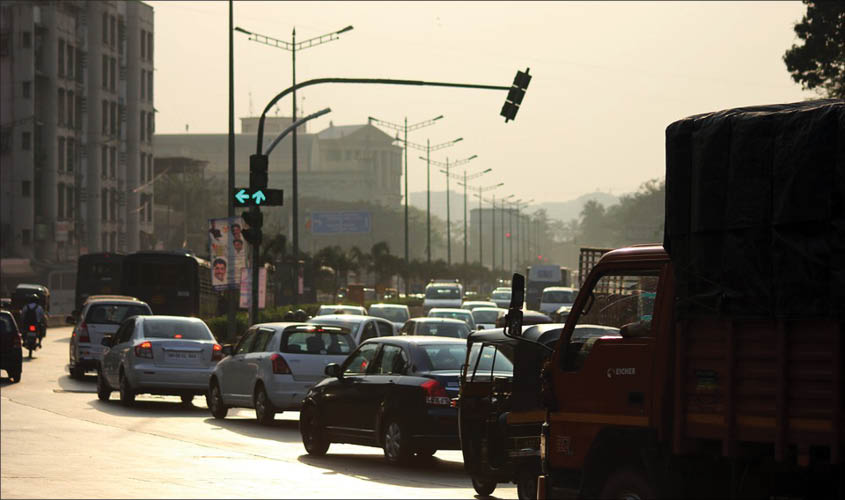New Delhi: A hit-and-run case last week has yet again exposed the lack of strict laws pertaining to such cases in the country. Last week, an SUV being driven by an allegedly drunk man, ran over four homeless men sleeping on the footpaths at Nizamuddin, killing one. Though there have been discussions to amend the Motor Vehicles Act after the death of late Cabinet minister Gopinath Munde in a similar road accident here, but there has not been any development in this regard since then.
Speaking to The Sunday Guardian, a police official of Nizamuddin Police station said, “We arrested the man on the same day the accident took place. But I don’t know whether he got bail. Our job is to arrest and produce the accused before court. The rest is on the court.” When asked about punishment in these cases, the official said, “There can be punishment up to 10 years. But yes, most of them get bail.’’
In India, laws pertaining to hit-and-run cases are all bailable. A hit-and-run case in India can be booked under Section 279 or 304(A) of the Indian Panel Code and Sections 134A and 134B of the Motor Vehicles Act. It can be also booked under Section 304(A) of the Indian Penal Code which is dedicated to death caused by negligence. In all these cases, the accused is eligible to get bail and punishment, including three years of imprisonment and provision of compensation for the victims. In extreme cases, only police can book an accident under Section 302 which is dedicated to murder and the accused may get death sentence or life imprisonment.
Advocate Kamalesh Kumar Mishra told The Sunday Guardian: “There are two kinds of hit-and-run cases. One, where the offending vehicle’s details are known and the other, where it is not known. In cases where it is not known, you can lodge a complaint, but it will be inconsequential. It also depends upon the person’s identity. If you are poor or homeless, police will not even make efforts to go ahead and trace out. It is only possible where so-called influential people file their complaint. Even here, there are provisions for compensation, but that is a very long process. In cases where the offending vehicle is known, Section 304 is applied. In Section 304, there is only three years’ punishment. It is a bailable as well as compoundable offence. So what happens is the accused can easily get a bail and in many cases by settlement or inducement or giving money here and there, parties settle the matter.’’
Stating that the Motor Vehicles Act is a colonial era law designed to protect British lawmakers, he added, “This colonial law needs immediate amendment. Huge fine should be imposed on offenders apart from punishments. There should be amendment in terms of compensation, too, that has to be paid.’’
The number of hit-and-run cases has increased by 16.5% from 2016 to 2017 in the country. However, there is no government data available so far on such victims in Delhi who are more vulnerable—the poor and homeless.

